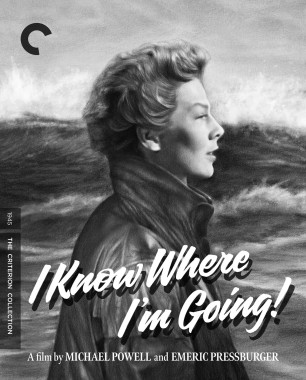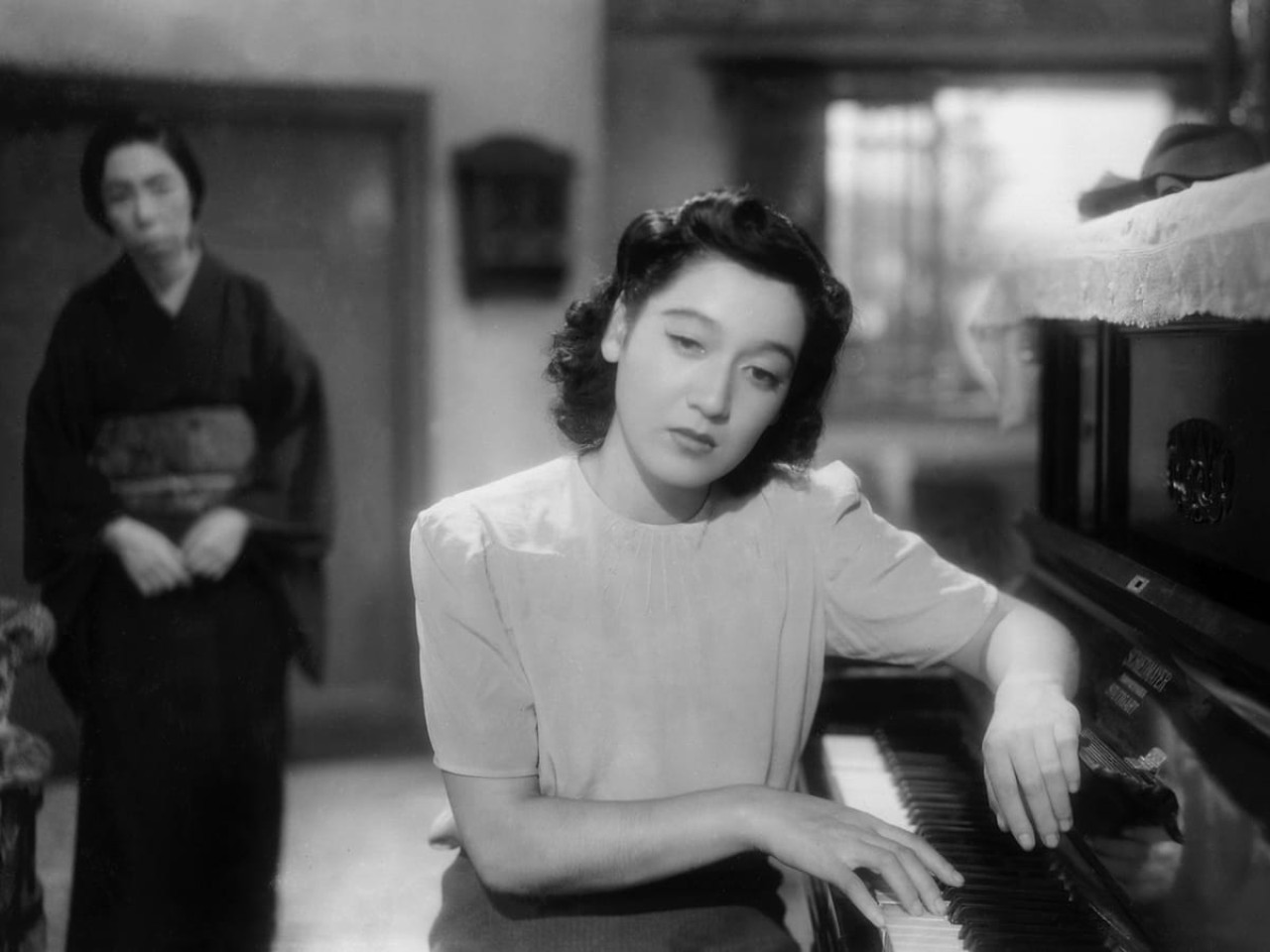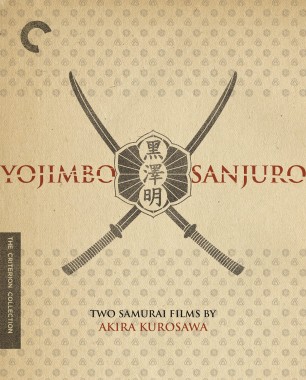No Regrets for Our Youth

In Akira Kurosawa's first film after the end of World War II, future beloved Ozu regular Setsuko Hara gives an astonishing performance as Yukie, the only female protagonist in Kurosawa's body of work and one of his strongest heroes. Transforming herself from genteel bourgeois daughter to independent social activist, Yukie traverses a tumultuous decade in Japanese history.
Available In

Cast
- Setsuko Hara
- Yukie Yagihara
- Susumu Fujita
- Ruykichi Noge
- Denjiro Okochi
- Professor Yagihara
- Haruko Sugimura
- Madame Noge
- Eiko Miyoshi
- Madame Yagihara
- Aritake Kono
- Itokawa
Credits
- Director
- Akira Kurosawa
- Screenplay
- Eijiro Hisaita
- Cinematography
- Asakazu Nakai
- Music
- Tadashi Hattori















